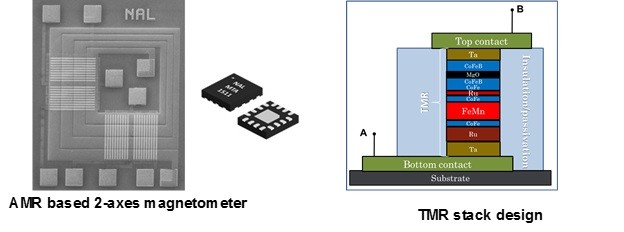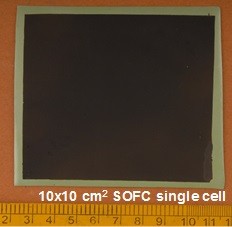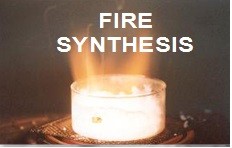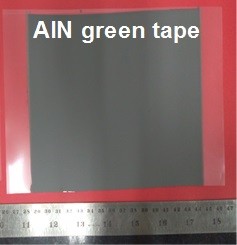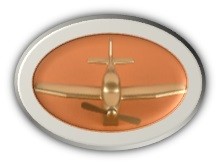
CORROSION AND TRIBOLOGY
Wear resistant composite coating
Several electrodeposited Ni and Ni-Co composite coatings containing oxides, nitrides, carbides, natural minerals and oil containing microcapsules have been developed for wear resistant applications. The potential applications of these coatings are mainly in the rotary and reciprocating engines of light weight aircrafts and automobiles. These coatings not only improve the wear resistance in rotary engines of automobiles but also reduce the fuel consumption. The engine coated with one of the oxide based coatings displayed nearly 10% reduction in the fuel consumption compared to the conventionally used carbide coating.
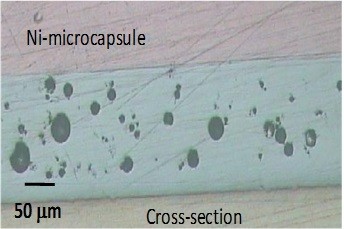
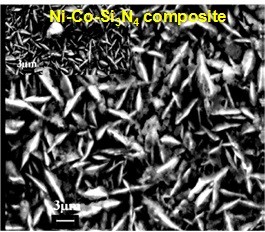
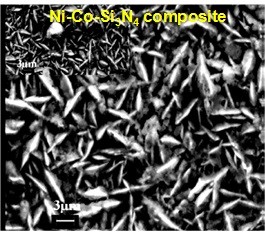
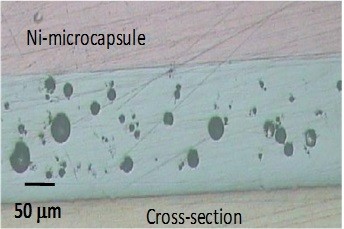
Corrosion protective coatings
The Division has expertise in eco-friendly chromic acid free anodization and sealing processes for the corrosion protection of AA2024 alloy. The developed coating system exhibited excellent corrosion resistance (qualified 2000 h of salt spray test), self-healing ability and good adhesion with aircraft primer layer (Patent # 159DEL2015; U.S 15/543,153).
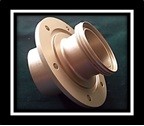
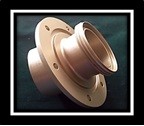
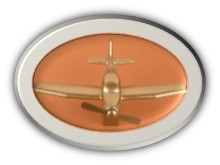
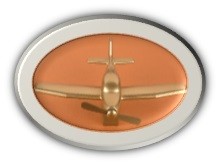
Anodized component Anodized step down aircrat model
Coatings for cutting tools
In order to develop capabilities for high speed machining of difficult-to-machine engineering materials, and wear protection of critical engineering components, the Division has developed several high performance nanostructured tribological coatings on cutting tools. The coated components have exhibited many fold improvement in their cutting performance compared to uncoated ones. Cost effective plasma nitriding and electroless (IN167668) processes have also been developed for the surface modification of various tools.
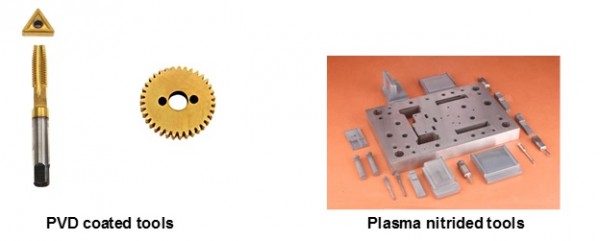
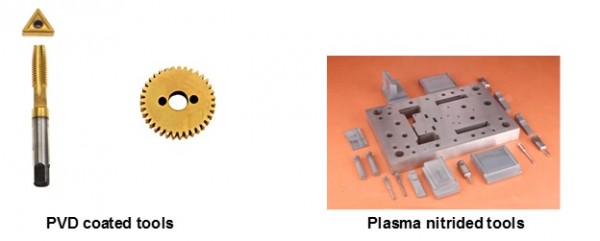
Eco-friendly wear and corrosion resistant coatings
In an effort to move towards greener industrial technologies, the Division has taken initiatives to phase out hard chrome coating with HVOF deposited WC-Co coating. The microhardness and wear rate of this coating is similar to that of hard chrome coating and also it has a low coefficient of friction compared to hard chrome coating. Various carbide and oxide based cermet coatings have also been developed with improved wear resistance.
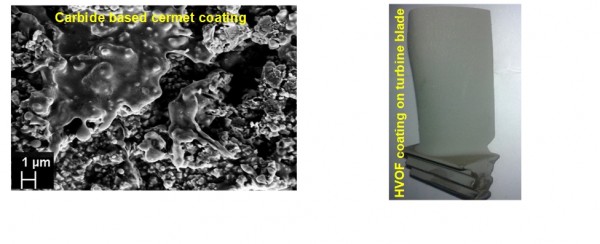
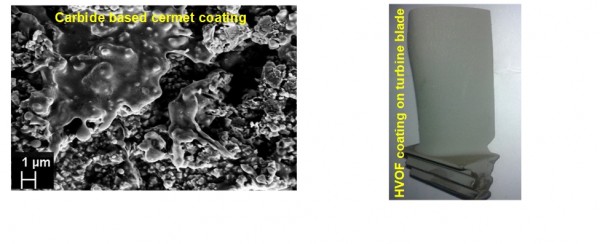
In yet another initiative, sol-gel based smart anti-corrosion coatings (qualified 1000 h of salt spray test) and self-healing polyelectrolyte coatings have been developed. First-principles calculations are in progress to re-tailor anti-corrosion coatings and to synthesize new corrosion inhibitors. Sol-gel based silica-alumina hybrid coatings containing various morphologies of ceria nanoparticles as corrosion inhibitors have been prepared on AA2024 alloy and their corrosion resistance has been evaluated. The sol-gel coating containing ceria nanofibers has exhibited improved corrosion resistance compared to the coatings containing other shapes of ceria particles.
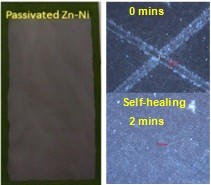
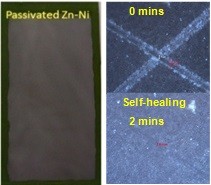
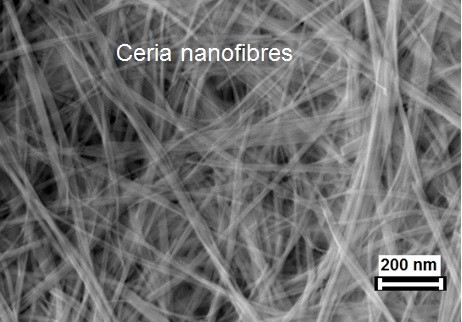
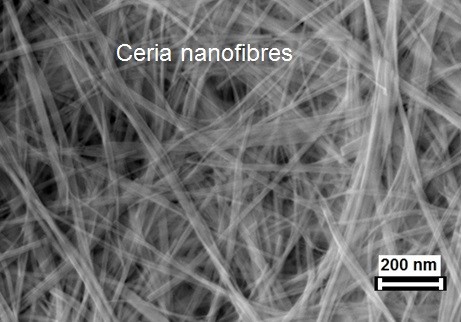
Surface modification of magnesium alloys
Cutting edge research is directed towards imparting corrosion resistance to AZ31B magnesium alloy for automotive components using micro-arc oxidation (MAO) process. The dense MAO coatings developed by the Division have exhibited excellent corrosion resistance (qualified 500 h of salt spray test).
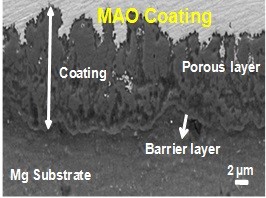
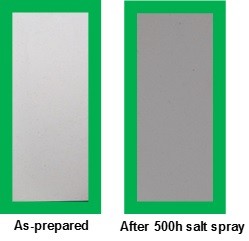
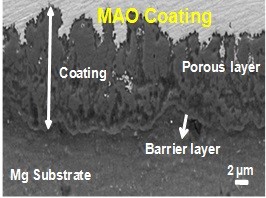
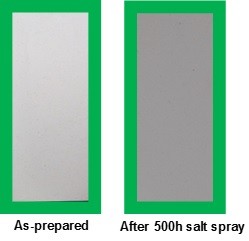

 English
English हिन्दी
हिन्दी